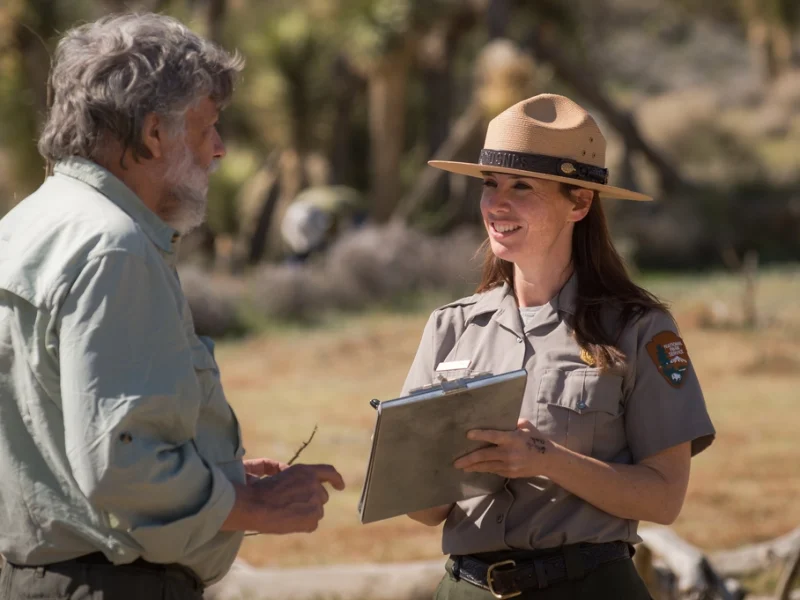The creative industry has transformed dramatically over the years, and one of the most significant shifts has occurred in the world of music creation. From groundbreaking technologies to new economic opportunities, the industry has opened doors for musicians to create, distribute, and monetize their work like never before. This article explores the impact of the growing creative industry on music creators and how it continues to shape their craft and careers.

1. Revolutionizing Music Production
The evolution of technology has empowered musicians to produce high-quality music from anywhere in the world. Affordable tools and software have made music creation more accessible to artists of all levels.
- Digital Audio Workstations (DAWs): Programs like Ableton Live, Logic Pro, and FL Studio have revolutionized how music is recorded, edited, and mixed.
- Virtual Instruments and Plugins: Advanced plugins and virtual instruments provide musicians access to limitless sounds without expensive hardware.
- Home Studios: With minimal investment, artists can now set up home studios that rival professional setups.
Example: Indie artists can now record entire albums at home, allowing for creative freedom and reduced production costs.
2. Global Reach Through Streaming Platforms
Streaming platforms have redefined how music is distributed and consumed, enabling artists to share their music with a global audience.
- Platforms like Spotify, Apple Music, and YouTube allow musicians to reach millions of listeners worldwide.
- Music Discovery: Algorithms and playlists help listeners discover new artists, increasing exposure for emerging musicians.
- Independent Success: Musicians no longer rely solely on major record labels to find an audience or generate income.
Tip: Utilize platforms like Bandcamp or SoundCloud to maintain greater control over distribution and fan engagement.
3. Monetization Opportunities for Music Creators
The creative industry has created new ways for musicians to monetize their work beyond traditional record sales.
- Streaming Royalties: While per-stream payouts are low, consistent streaming can generate substantial income over time.
- Merchandising and NFTs: Artists can sell merchandise, limited-edition digital assets, and NFTs to connect directly with fans.
- Online Performances: Virtual concerts and live-streaming platforms like Twitch and YouTube provide opportunities for monetizing performances.
Example: Artists like Kings of Leon have successfully used NFTs to offer exclusive music content and experiences.
4. Collaboration Across Borders
Technology has made it easier than ever for musicians to collaborate with others, regardless of location. The creative industry fosters a culture of global teamwork and innovation.
- Cloud-Based Collaboration Tools: Platforms like Splice and Soundtrap enable real-time music creation across continents.
- Remote Recording: Musicians can record parts of a song separately and seamlessly integrate them.
- Cross-Genre Creativity: Easy access to diverse music styles and cultures allows artists to experiment and innovate.
Tip: Join global musician networks to discover collaborators and gain exposure to new sounds and creative perspectives.
5. AI and Automation: New Frontiers for Music Creation
Artificial Intelligence (AI) has become a powerful tool for music creators, assisting in composition, sound design, and production.
- AI-Generated Music: Tools like Amper Music and AIVA help creators generate melodies and soundscapes instantly.
- Music Mastering: Services like LANDR use AI to automatically master tracks, ensuring high-quality production.
- Idea Generation: AI can analyze existing music to inspire new melodies or provide a foundation for creative experimentation.
Example: AI can help songwriters overcome creative blocks by suggesting chord progressions or rhythms.
6. Social Media: Connecting Artists and Fans
Social media platforms have transformed how musicians build their fanbase, promote their work, and engage with audiences.
- Content Creation: Platforms like TikTok, Instagram, and YouTube allow musicians to share clips, behind-the-scenes content, and teasers.
- Direct Fan Interaction: Musicians can engage directly with fans through comments, livestreams, and personal updates.
- Viral Opportunities: Songs can gain immense popularity overnight through trending challenges or videos.
Tip: Use short-form video platforms to showcase your creativity and connect with younger audiences.
7. Challenges Facing Modern Music Creators
While the creative industry offers numerous opportunities, it also comes with challenges that music creators must navigate.
- Saturated Market: The ease of creating and sharing music has led to increased competition, making it harder to stand out.
- Low Streaming Revenue: Artists often struggle to earn significant income solely from streaming platforms.
- Copyright Issues: The digital age has made it easier for music to be copied or used without permission, raising intellectual property concerns.
Solution: Diversify income streams through live shows, merchandise, crowdfunding, and exclusive content offerings.
8. The Future of Music Creation
As the creative industry continues to grow, music creators will experience even more innovation and opportunities.
- Immersive Experiences: Virtual reality (VR) and augmented reality (AR) will transform concerts, creating immersive, interactive performances.
- Blockchain Technology: Blockchain and smart contracts will ensure fairer revenue distribution for musicians.
- Sustainability: Technology will enable greener production processes for live events and music creation.
Tip: Stay open to technological advancements, as they can offer new tools to enhance your music and connect with audiences.
Final Thoughts
The growing creative industry has had a profound impact on music creators, providing tools, platforms, and opportunities to innovate, share, and monetize their work. By embracing technology, collaborating globally, and leveraging new monetization strategies, musicians can thrive in today’s fast-changing landscape.
While challenges remain, the possibilities for music creators are limitless. By staying adaptable and creative, artists can continue to shape the future of music and inspire listeners worldwide.
Start now: How can you leverage today’s tools to share your sound with the world?
